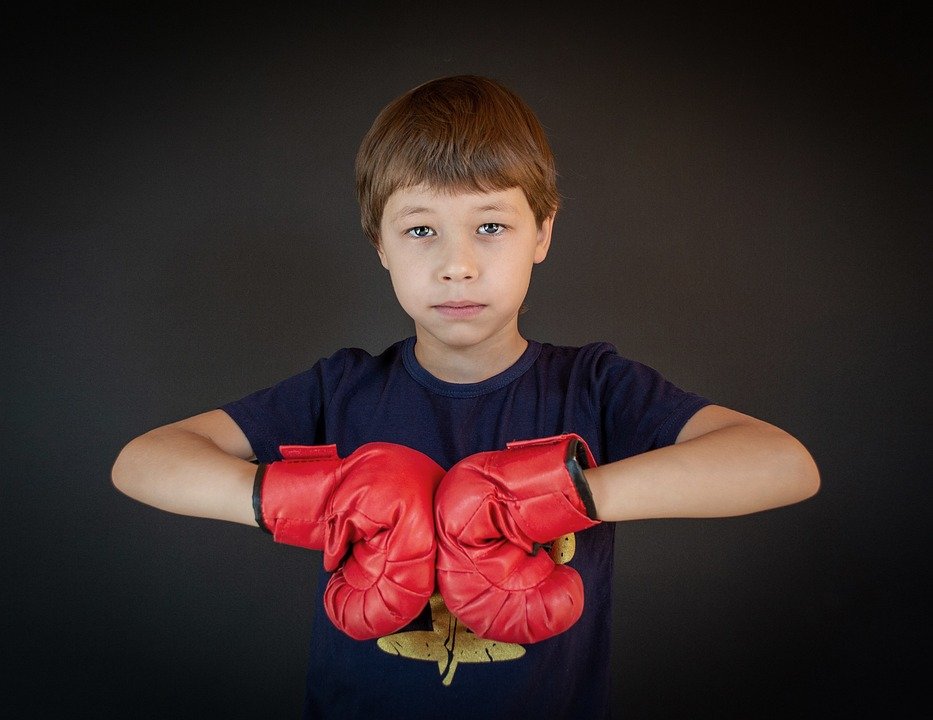Mixed Martial Arts (MMA) has evolved into one of the most intense and unpredictable sports in the world, with the Ultimate Fighting Championship (UFC) leading the charge. While physical prowess, skill, and preparation are crucial, the mental aspect of fighting can be equally, if not more, important. The pressure to perform in front of fans, media, and a global audience can be overwhelming. Thus, UFC fighters employ a range of mental strategies to equip themselves for the high-stakes environment of a championship match.
The Importance of Mental Toughness
Mental toughness is often defined as the ability to stay focused, resilient, and committed under pressure. In the cage, the difference between victory and defeat can hinge on a fighter’s mental state. Fighters face not only physical opponents but also the psychological warfare that comes with the sport—trash talk, the weight of expectations, and the fear of injury or loss.
To thrive in such an environment, fighters must cultivate a strong mindset that allows them to stay calm, collected, and focused, regardless of the external pressures.
Visualization Techniques
One powerful tool in a fighter’s mental arsenal is visualization. This technique involves mentally rehearsing fights, training sessions, and even the moments leading up to a match. Fighters visualize themselves executing techniques perfectly, overcoming challenges, and ultimately winning fights.
Many fighters, including legends like Georges St-Pierre and Amanda Nunes, have vouched for the effectiveness of visualization. This practice not only builds confidence but also prepares them for various scenarios they may encounter in the cage. By envisioning both the best-case and worst-case outcomes, fighters can remain more adaptable and decisive when the fight actually unfolds.
Mindfulness and Meditation
Mindfulness and meditation have gained traction in the world of sports, and UFC is no exception. These practices help fighters maintain focus and manage anxiety leading up to and during a fight. Techniques such as controlled breathing can lower heart rates and reduce stress levels, enabling fighters to remain present and engaged rather than succumbing to the overwhelming emotions that can arise in high-pressure situations.
Several fighters incorporate meditation into their daily routines, affirming that it aids in mental clarity, emotional stability, and an enhanced sense of control. Such practices can also help fighters detach from the noise and distractions that often surround high-profile matchups, allowing them to hone in on their performance.
Positive Self-Talk and Affirmations
Positive self-talk is another key element of mental preparation for fighters. Engaging in affirmations and encouraging self-dialogue can combat negative thoughts and self-doubt. Before entering the octagon, fighters often recite mantras that reinforce their belief in their abilities and remind them of their hard work and dedication.
Coaching also plays a significant role in this area. Coaches instill confidence in their fighters through supportive language and positive reinforcement, helping to create an atmosphere where self-belief thrives.
Simulation of Fight Environments
To prepare for the intensity of a match, fighters often simulate fight conditions during training. This could include sparring with high pressure, training in noisy environments, or incorporating pre-fight rituals that mimic the atmosphere of an actual event. By exposing themselves to these conditions, fighters train not just their bodies but their minds to cope with the stress of a real match.
In addition, some fighters employ the use of performance psychologists who can simulate the event’s atmosphere during practice, helping athletes to condition their mental responses in a controlled environment.
Handling Expectations and Pressure
UFC fighters live under the constant gaze of fans and analysts, and with such scrutiny comes pressure—pressure to perform, to win, and to conduct themselves as professionals. It is essential for fighters to develop strategies to cope with these external expectations. This might involve setting personal goals, preparing for potential outcomes, and focusing on the journey rather than the end result.
By reframing their focus onto personal growth and the joy of competing, fighters can alleviate some of the pressure associated with public perception.
Building a Support Network
Behind many successful UFC fighters is a strong support network comprising coaches, trainers, family, and friends. A robust support system can provide encouragement, perspective, and emotional stability. It allows fighters to share their concerns and fears, creating an atmosphere of openness and trust that can soothe nerves and heighten confidence.
Moreover, some fighters collaborate with sports psychologists who specialize in helping athletes manage pressure and develop coping strategies tailored to their individual needs.
Conclusion
The mental game in UFC is a multifaceted endeavor that extends far beyond physical training. As fighters prepare for high-pressure matches, they must tackle mental hurdles with the same diligence and commitment they apply to their physical conditioning. Through visualization, mindfulness, positive self-talk, simulation, and a strong support network, UFC fighters can unlock the mental resilience needed to perform at their peak. By doing so, they safeguard their legacy and strive toward greatness in one of the most challenging sports in the world.






